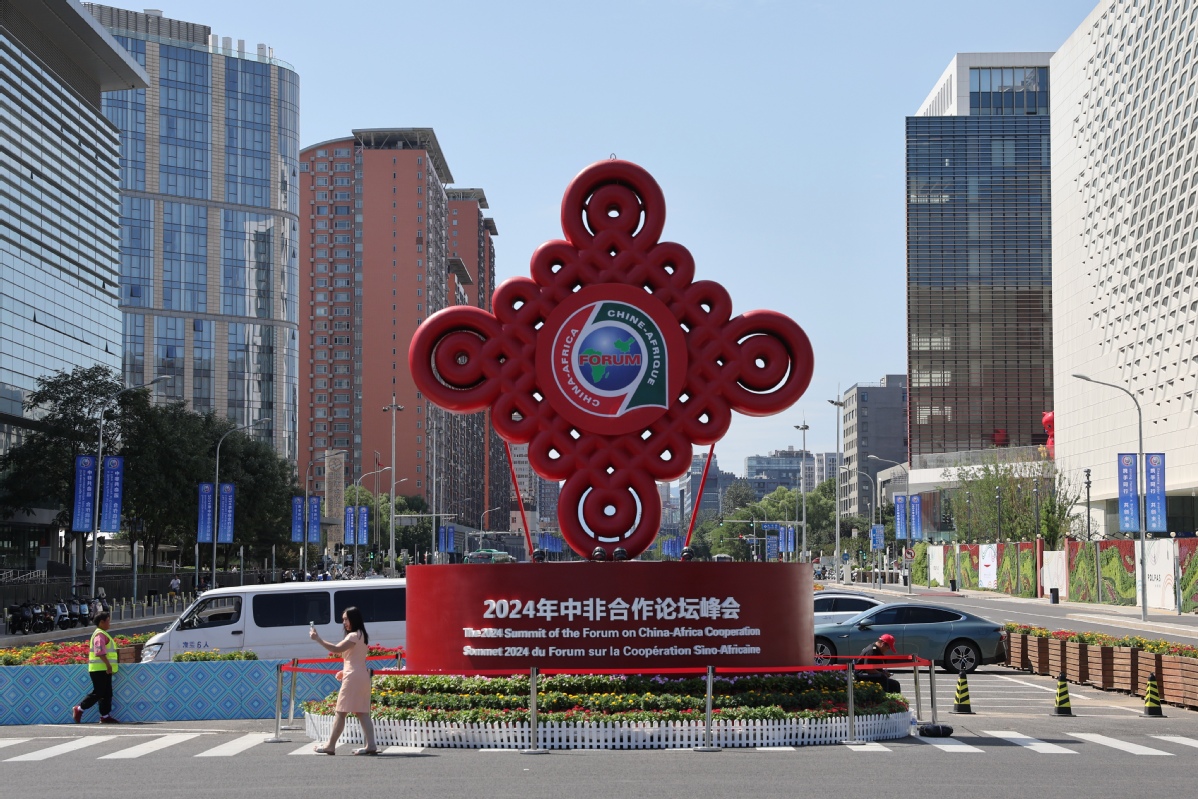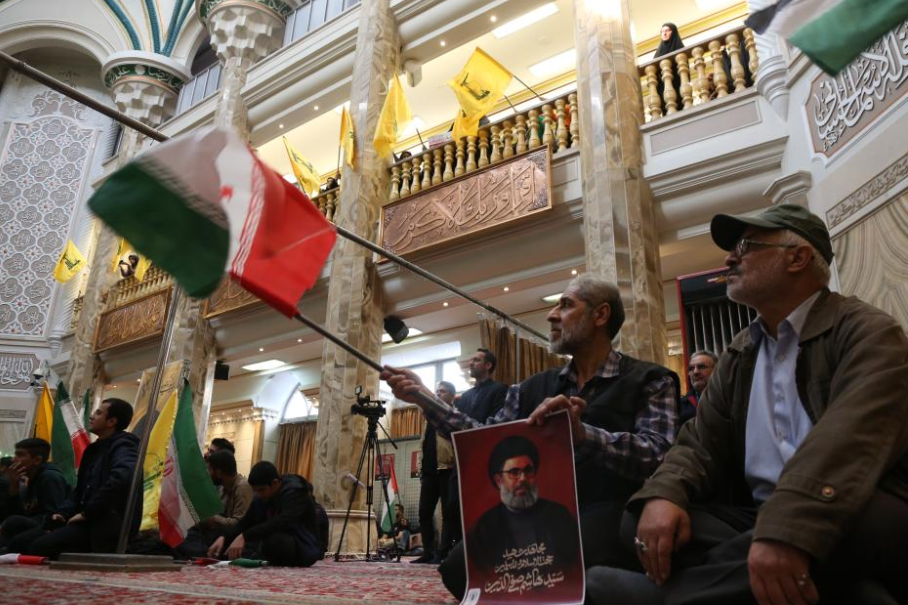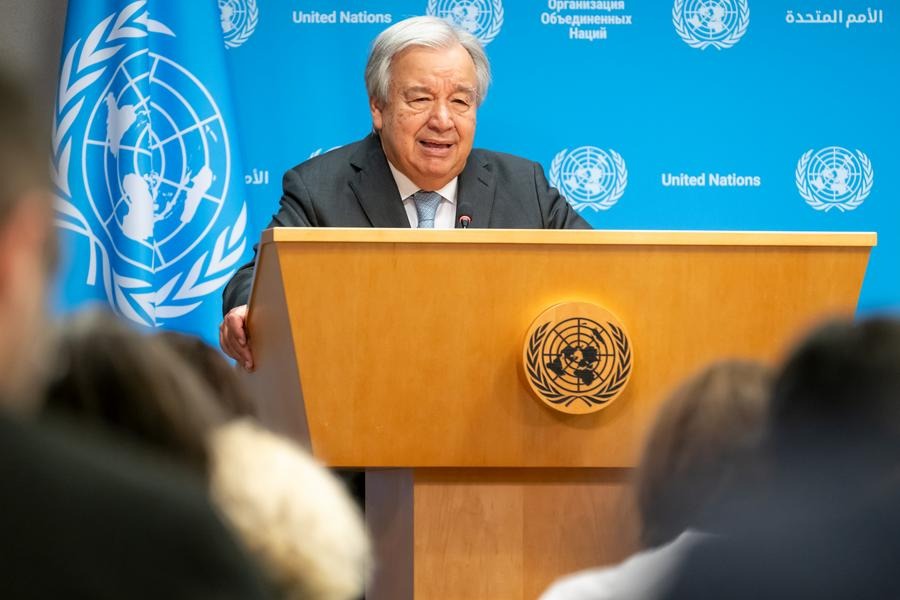Future for Sino-African ties hailed
FOCAC summit shows renewed relations and development prospects, experts say


As China and Africa move to implement the action plans of the Forum on China-Africa Cooperation summit held in Beijing in September, experts believe the future of the partnership is brighter, noting that the summit displayed renewed relations and development prospects between the two parties.
The experts who spoke at a webinar earlier this week said the focus on the "small and beautiful" projects, partnerships on soft infrastructure projects and the enhancement of people-to-people exchanges will result in impactful outcomes. The webinar was organized by the Africa-China Centre for Policy and Advisory based in Ghana.
Commenting on China's announcement during the FOCAC Summit that it will carry out 1,000"small and beautiful" projects in Africa, Yi Wushuang, a postdoctoral teaching fellow at Tsinghua University, said the idea is not only in line with the United Nations Sustainable Development Goals but also the African Union's Agenda 2063.
She said focusing on "small and beautiful" projects will directly benefit the local communities without extending financial resources.
"China providing smaller projects enables it to prioritize high-quality investments to foster local empowerment. This is important because it aligns with SDGs to mitigate potential financial risks," she said.
Wang Yuehan, founder and chief executive of Network Media, a media consulting organization, said under the "small and beautiful" projects initiative, China plans to build medical healthcare, as well as hold sports connectivity festivals with Africans, a move that will solve the soft infrastructure needs in the continent.
A lot still needs to be done on people-to-people exchanges, she said, such as academic exchanges, exchanges between think tanks and cultural exchanges. These should be pushed by both the Chinese government and African institutions, she said.
She termed FOCAC as a lens that shows the changing world, noting that the changing themes and topics in FOCAC represent the change in China's development and success, as well as the changing trend of the global economy and politics.
Infrastructure projects conducted by Chinese firms in Africa are now focusing on new areas such as digital technology, vocational training and capacity building, Wang said.
Through China-Africa digital technology cooperation, she said the continent will develop its digital economy, learning from China which has greatly developed its e-commerce sector.
She said there is a need for the building of a strong digital infrastructure in Africa to attract Chinese businesses, especially on online models.
In its development efforts, Yi said Africa can take reference of China's experiences, noting that the Asian powerhouse was able to overcome a lot of development difficulties by empowering women, promoting gender equality, providing universal education, and giving equal access to education and employment regardless of gender.
She said China has specific policies targeting the population in all areas, noting that currently, China is undergoing a rural revitalization strategy, providing what is needed for the local people.
Isaac Ankrah, a senior research fellow at the Africa-China Centre for Policy and Advisory, said Africa could follow China, which invested intensively in education that consequently fueled its technological and industrial transformation.
"There is no way we can develop like China without developing our human capital," he said.
Tong Defa, the Chinese ambassador to Ghana, said China is willing to walk with developing countries to ensure that no one is left behind in global modernization.
"The 2024 FOCAC paints a bright future for China-Africa cooperation and I believe with the joint leadership of Chinese and African leaders with solidarity and cooperation among 2.8 billion people, we will give fresh impetus to Global South cooperation and build new ground for a community with a shared future for mankind," he said.

































